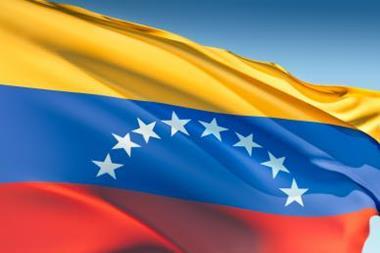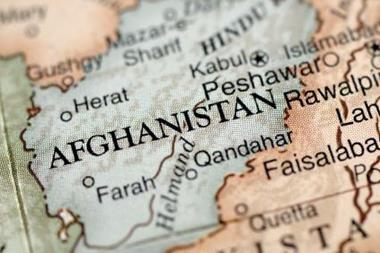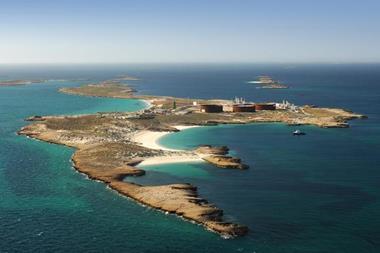Venezuela continues to realise Chavez’s dream of 21st Century Socialism
Investor’s were probably not surprised to hear that President Hugo Chavez’s Venezuelan administration has exerted its authority in another ‘strategic’ industry. This time the cement companies have been caught in the sites of the country’s nationalising juggernaut.
At midnight on April 18 workers and soldiers took control of plants owned by the Mexican cement company Cemex. The seizure wrested control of the company’s operations into the hands of Petroleos de Venezuela (PDVSA), the state’s energy company.
Energy Minister Rafael Ramirez said the $1.3bn in compensation Cemex had requested was ‘well above’ what the company was actually worth. The state also agreed to pay $267m for an 89% stake in France’s Lafarge and $552m for 85% of Switzerland’s Holcim, swallowing up over 90% of the country’s cement industry.
The nationalisation of foreign-owned cement companies is part of President Hugo Chavez’s 21st century socialism agenda. He already controls the country's largest telecommunications and electricity companies, along with major oil projects previously run by private oil companies.
In a television programme broadcasted to the whole of the country on July 31, the President announced his intention to nationalise Banco de Venezuela, part of Spain's Banco Santander SA.
Another notable decree has tightened state control over the food industry, giving Chavez the power to nationalise any business in the sector without the National Assembly’s approval and to enforce price controls. Some say the main target of this move is Empresas Polar, the country’s largest private company.
‘It has become clear that when doing business in emerging markets with populist leaders caution must be exercised when investing in industries that the government considers ‘strategic’, such as natural resources,’ said Elizabeth Stevens, political risk analyst at Jardine Lloyd Thompson.
Governments are liable to change their mind on what exactly defines strategic.
Recourse available
In theory companies have recourse against the power of the state through international arbitration if their government and the host government have signed Bilateral Investment Treaties (BITs).
Most BITs grant investors a number of guarantees, which typically include fair and equitable treatment, protection from expropriation, free transfer of means and full protection and security, says Stevens.
They may also allow for an alternative dispute resolution mechanism. An investor whose rights have been violated could turn to international arbitration rather than suing the host state in its own courts. Often this takes the form of the World Bank’s arbitration facility, the International Centre for the Resolution of Investment Disputes (ICSID).
‘This is a growing and improving area of investor protection, and more and more innovative options are available to bring disputes into rule of law jurisdictions,’ says Robert Amsterdam a lawyer specialising in this type of dispute resolution.
Unfortunately many of the resource nationalist states are moving away from investor protections. The government of Ecuador, facing arbitration claims exceeding $12bn, recently announced plans to withdraw from at least nine BITs. And last year Bolivia became the first country to withdraw from the ICSID.




















No comments yet